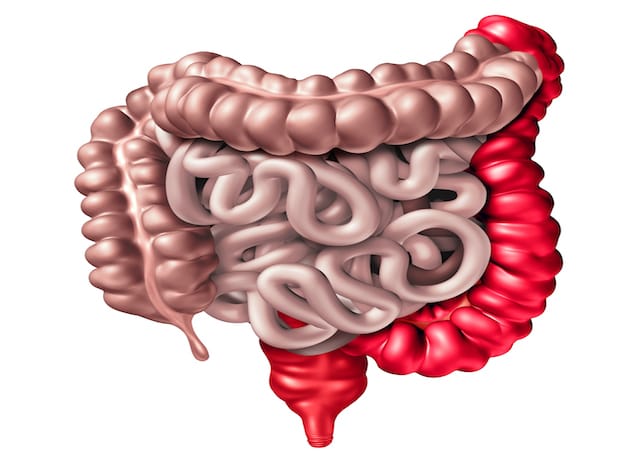The lifelong inflammatory bowel disease affects around one in every 350 people in the UK
Researchers from the University of Cambridge have grown ‘mini-guts’ in the lab to help understand and identify the best treatment for patients living with Crohn’s disease.
Published in the journal Gut, researchers used cells from inflamed guts to grow more than 300 mini-guts, called organoids, to better understand the inflammatory condition.
One of two types of inflammatory bowel disease (IBD), Crohn’s disease is a lifelong condition characterised by inflammation of the digestive tract and affects around one in 350 people in the UK.
Despite some evidence of individuals being at greater risk of developing the condition if a first-degree relative has Crohn’s, it is estimated that only 10% of inheritance is due to variations in our DNA.
Researchers grew organoids from the cells of inflamed guts donated by 160 patients living with Crohn’s disease and ulcerative colitis, the second type of IBD, as well as patients unaffected by IBD, at Cambridge University Hospital in the lab.
Mimicking the key function of the epithelium, the lining of the gut, researchers grew organoids from stem cells taken from the gut and showed that the epithelia in Crohn’s disease patients have different epigenetic patterns – when DNA that turns on genes is modified, changing the way a cell functions – on their DNA compared to healthy controls.
Additionally, patients had increased activity of major histocompatibility complex-I, a specific pathway that allows immune cells to recognise antigens, inducing inflammation in the gut.
Matthias Zilbauer, professor of paediatric gastroenterology at the University of Cambridge and Cambridge University Hospitals NHS Foundation Trust, commented: “Not only were the epigenetic changes different in Crohn’s disease, but there was a correlation between these changes and the severity of the disease.
“These changes help explain why… not every organoid had the same epigenetic changes.”
Researchers believe the organoids could be used to develop and test new treatments for people living with Crohn’s disease, while also offering the potential to tailor treatments to individual patients.
















+ There are no comments
Add yours